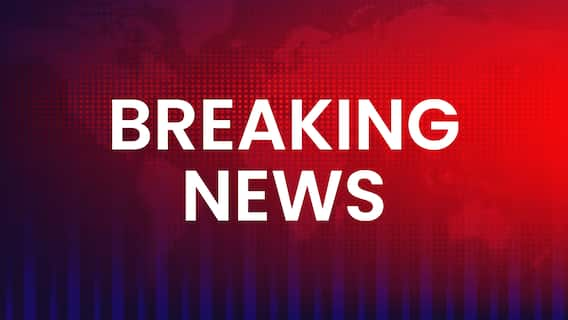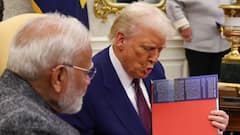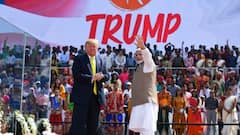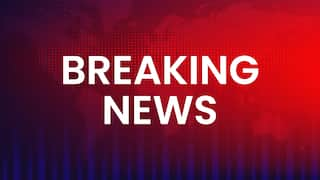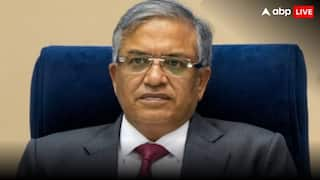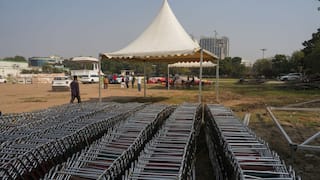Iran's 'Strategic' Signal To US: Avoiding Escalation After Israeli Attack, Pushes For Gaza Truce, Says Report
Iranian Foreign Minister Hossein Amirabdollahian conveyed Tehran's message to Washington during a visit to Oman on Sunday.

Iran has signalled to Washington that it will respond to Israel's attack on its Syrian embassy in a way that aims to avoid major escalation and that it will not act "hastily", as Tehran presses for demands such as a Gaza truce, news agency Reuters reported citing Iranian sources on Friday. Iranian Foreign Minister Hossein Amirabdollahian conveyed Tehran's message to Washington during a visit to Oman on Sunday, as per the report.
However, the White House has declined to comment on any messages from Iran, stating that the US had communicated to Iran that it was "not involved" in the embassy strike, according to Reuters.
According to the report, Iran's foreign ministry was not immediately available for comment. The Omani government did not immediately respond to emailed requests for comment sent during the Muslim Eid al-Fitr holiday, it said.
According to a Reuters source familiar with US intelligence, Iran has "been very clear" that its response to the attack on its Damascus embassy compound would be "controlled" and "non-escalatory" and that it planned "to use regional proxies to launch a number of attacks on Israel".
Notably, the diplomatic messaging indicated that Iran is taking a cautious approach as it considers how to respond to the April 1 attack in a way that deters Israel from further such actions while avoiding a military escalation that could embarrass the US.
Ayatollah Ali Khamenei, Iran's Supreme Leader, stated on Wednesday that Israel "must be punished and it shall be punished," describing it as an attack on Iranian soil. The Pentagon has claimed responsibility, but Israel has not confirmed this.
The attack, which killed a senior Iranian general, marked an increase in the violence that has swept through the region since the Gaza war began. Tehran has carefully avoided taking a direct role in the regional spillover, instead supporting groups that have launched attacks from Iraq, Yemen, and Lebanon. Iranian-backed Shiite Muslim militias have not attacked US troops in Syria or Iraq since early February. Read the full report here.
According to Reuters, one of the Iranian sources did not rule out the possibility that members of the Iran-backed Axis of Resistance would attack Israel at any time.
READ | US Issues Security Alert For Staff In Israel Amid Iranian Threats. Russia, West Urge Restraint
According to the report, Amirabdollahian indicated in his Oman meetings that Tehran is willing to de-escalate if certain demands are met, including a permanent Gaza ceasefire, which Israel has rejected as it seeks to crush Hamas.
Iran also sought to restart talks on its disputed nuclear programme, the report said. The talks have been stalled for nearly two years, with both sides accusing the other of making unreasonable demands.
On Wednesday, US President Joe Biden stated that Iran was threatening to launch a "significant attack in Israel" and that he had assured Netanyahu that "our commitment to Israel's security against these threats from Iran and its proxies is ironclad". Click here to read more.
Israel has stated that it will respond to any attack from Iran.
"If Iran attacks from its territory, Israel will respond and attack within Iran," Israeli Foreign Minister Israel Katz said in a post on the X social media platform in Farsi and Hebrew on Wednesday.

Trending News
Top Headlines











